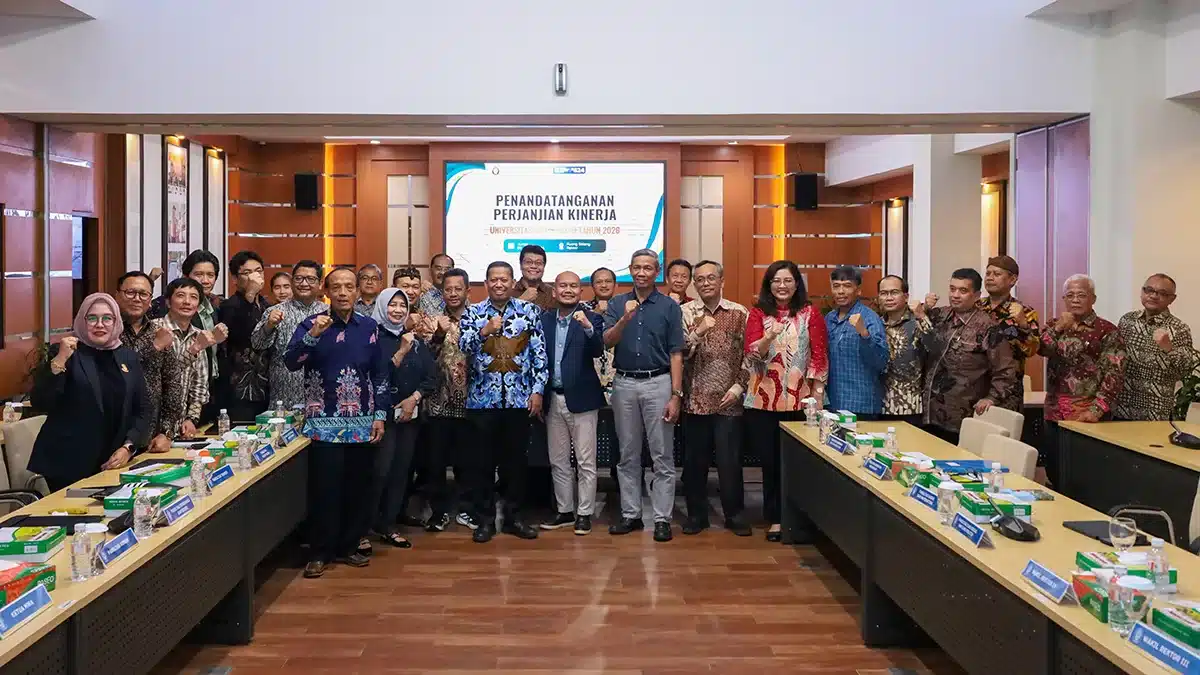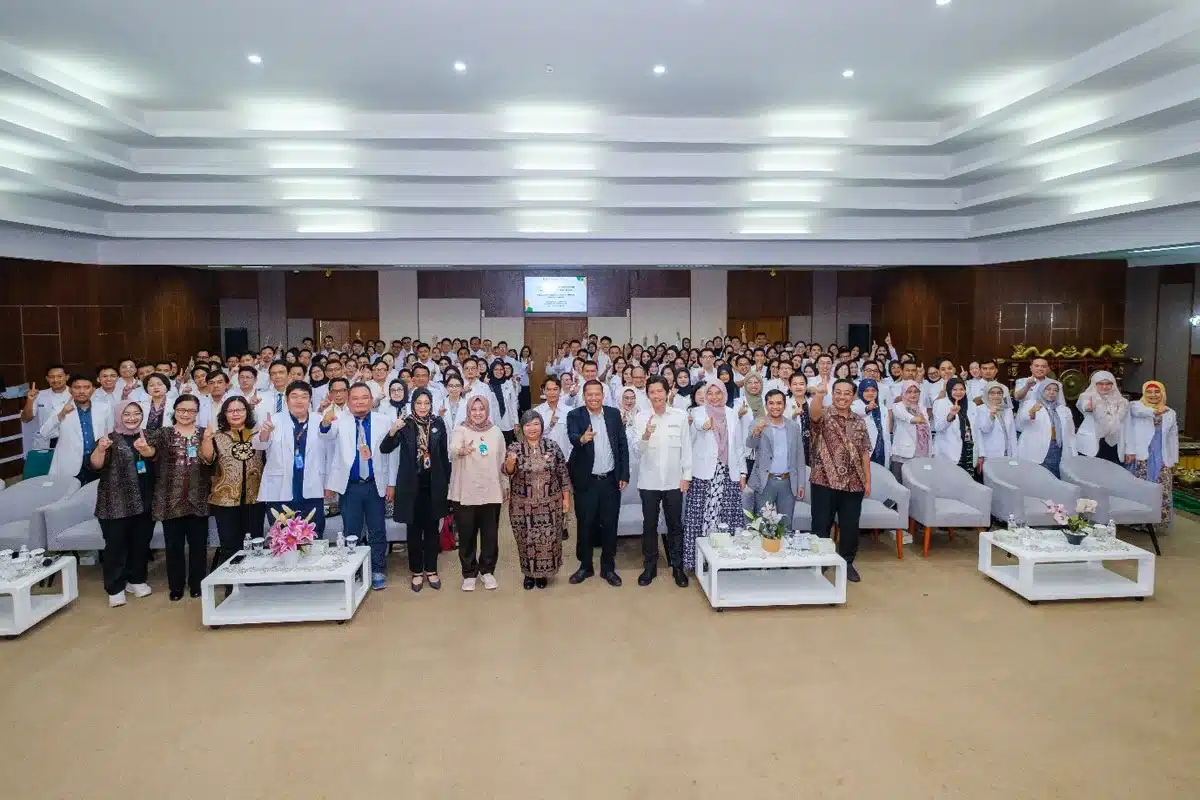Indonesia has resources and a diversity of cuisines, one of which is smoked fish products. Apart from being a way of preservation, smoked fish is loved because of the taste it produces. Unfortunately, most people still use the traditional method for smoking fish, namely by using wire strands as a place to put fish with a stove made of bricks. This method is considered to pay less attention to sanitation and lack of hygiene so that it can affect health and the environment.
Regarding these problems, the Lecturer of the Department of Coastal Resource Management, Faculty of Fisheries and Marine Sciences, Prof. Dr. Ir. Fronthea Swastawati, M.Sc. sparked a new technology in smoking fish, namely using the liquid smoke method. This innovation brought Fronthea to become one of the Professors at Diponegoro University. In her speech entitled “Liquid Smoke Technology Innovation for Modern and Hygienic Processing of Fishery Products in Indonesia”. She also described other weaknesses in traditional smoking techniques. “The weaknesses are unattractive appearance (partially burned), having difficult temperature control, and containing air pollution. The products produced do not even meet the Indonesian National Standard (SNI),” she said at the inauguration, on Wednesday (15/06).
Liquid smoke is the result of condensation of smoke vapors from fuels containing lignin, cellulose and hemicellulose. Burning smoke contains compounds that have benefits as antioxidants, antibacterials and also as food flavours. Liquid smoke contains phenolic compounds, organic acids and carbonyl. These three compounds play a role in improving the properties of smoked fish products, antimicrobial and antioxidant. Carbonyl compounds in liquid smoke play a role in the formation of the characteristics of the smoked fish produced. Liquid smoke is a food additive that has registered in SNI 01-7-152-2006 as a smoke flavor in food.
Besides being more secure, the liquid smoke method is also easy to apply, practical use, the taste of the product is more uniform, can be used repeatedly, can be used for various types of food, reduces environmental pollution, and its carcinogenic compounds can be reduced/eliminated.
The use of the liquid smoke method is also quite easy. In fresh fish or filet, it is enough to immerse the product in a liquid smoke solution at a certain time and concentration. The concentration and immersion time depend on the type and number of fish. The use of liquid smoke at a dilution of 2.5 times can inhibit fat oxidation so that it is better applied to skipjack steak than the use of liquid smoke at a dilution of 5 times.
He added that Indonesia’s huge fishery potential has not been fully utilized. With the modernization of the processing of fishery products, especially smoked fish, it is expected to increase the productivity and quality of the products produced. In addition, the liquid smoke method, which is a new method, can become a new trend for the millennial generation because it is more practical, more hygienic, and non-carcinogenic.
Prof. Dr. Ir. Fronthea Swastawati, M.Sc became the 22nd Professor at the Faculty of Fisheries and Marine Sciences Undip. Currently there are 161 active professors at Diponegoro University. (Aslam – PR Team)









